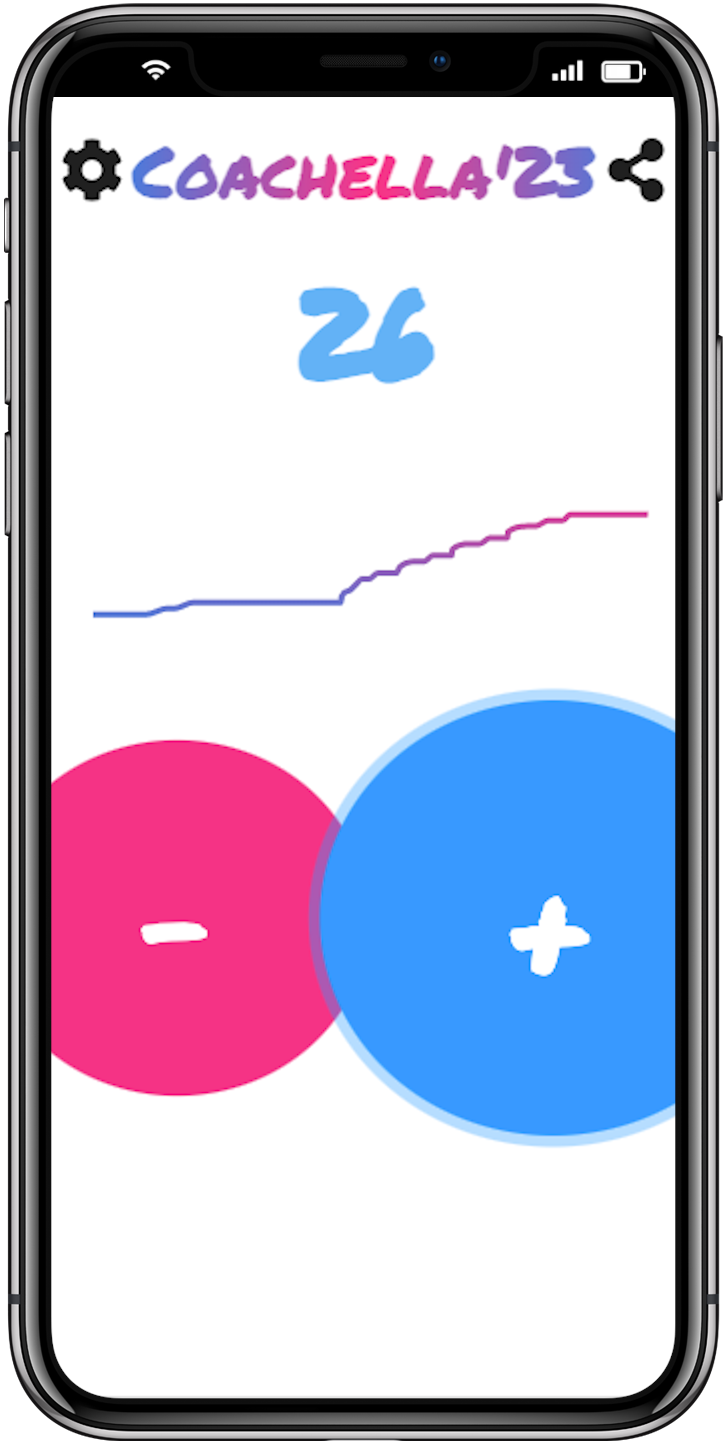Maximizing Event Success with Data-Driven Strategies
In the rapidly evolving landscape of event planning, maximizing event success with data-driven strategies has become paramount. Leveraging data to inform decision-making processes can significantly enhance attendee satisfaction, operational efficiency, and the overall impact of your event. This blog post will guide you through the key data-driven strategies to ensure your event’s success.
What Are Data-Driven Strategies?
Data-driven strategies involve making decisions based on data analysis and interpretation. In the context of event planning, this means using data to guide decisions on everything from venue selection and marketing tactics to guest engagement and post-event analysis.
Key Benefits of Data-Driven Event Planning
- Enhanced Decision Making: Data provides a factual basis for decisions, reducing assumptions and increasing confidence in your choices.
- Improved Attendee Experience: Personalizing experiences based on data can significantly boost attendee satisfaction.
- Increased Efficiency: Data helps identify what works well and what doesn’t, allowing for more efficient allocation of resources.
- Measurable Outcomes: Understanding key performance indicators (KPIs) ensures you can measure success and areas for improvement precisely.
Top Data-Driven Strategies for Event Success
1. Pre-Event Analysis
Start by collecting data from previous events to understand what worked well and what didn’t. Look at attendee feedback, registration numbers, and engagement metrics. Use this information to set benchmarks and goals for your upcoming event.
2. Targeted Marketing Campaigns
Utilize analytics tools to study your audience’s demographics, online behavior, and preferences. Craft targeted marketing campaigns to attract the right attendees. Social media insights and email marketing stats are invaluable in understanding what messaging resonates with your audience.
3. Personalization through Data
Tailor content and experiences to individual attendees based on their preferences and behavior. Personalized emails, customized agendas, and tailored recommendations can make attendees feel valued and enhance their overall experience.
4. Real-Time Data Monitoring
Use event management software to track real-time data during the event. Monitor attendance, session popularity, and engagement rates to make immediate adjustments. For instance, if a particular session is overcrowded, you might offer a repeat session or allocate a larger room.
5. Post-Event Analysis
Gather and analyze data after the event to measure success against your KPIs. Collect feedback through surveys, analyze engagement metrics, and review social media interactions. Use these insights to refine strategies for future events.
Tools for Data-Driven Event Planning
- Event Management Software: Platforms like Eventbrite and Cvent offer comprehensive tools for managing and analyzing event data.
- Analytics Tools: Google Analytics and social media analytics provide insights into your audience and campaign effectiveness.
- Survey Tools: Tools like SurveyMonkey and Typeform are excellent for collecting post-event feedback.
Case Study: Successful Data-Driven Event
Consider a technology conference that used data-driven strategies to enhance its success. By analyzing past attendee data, they identified the most popular session topics and times. They used personalized email campaigns to boost registration and deployed real-time data monitoring to manage session attendance effectively. Post-event analysis revealed increased attendee satisfaction and higher engagement rates, confirming the success of their data-driven approach.
Conclusion
Maximizing event success with data-driven strategies is no longer optional—it’s essential. By leveraging data at every stage of your event planning process, you can make informed decisions that enhance attendee experiences, optimize resource allocation, and achieve measurable success. Start incorporating these strategies into your next event to see the transformative power of data in action.
By following these steps, you’re well on your way to mastering data-driven event planning and ensuring your events are not only successful but also continually improving.




